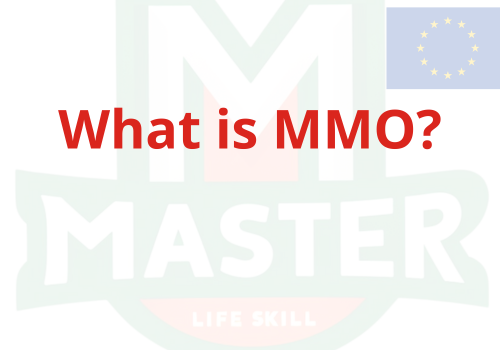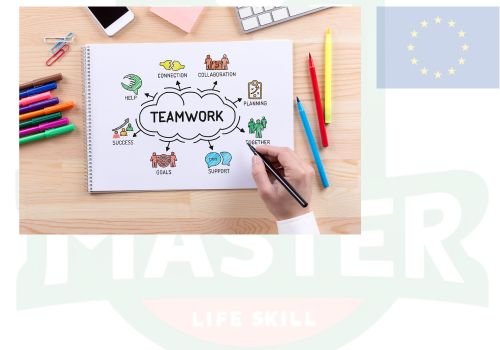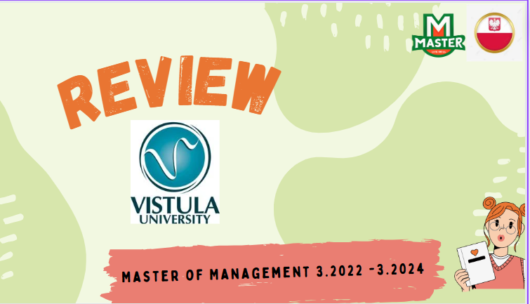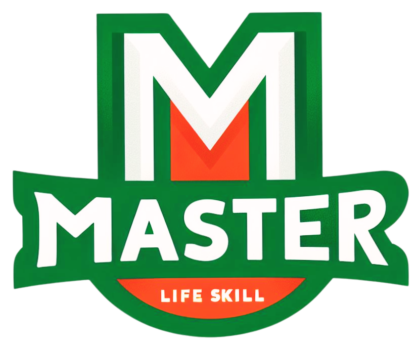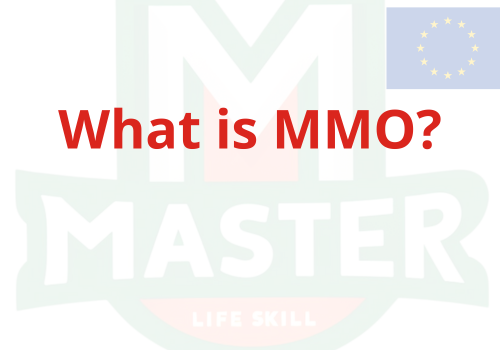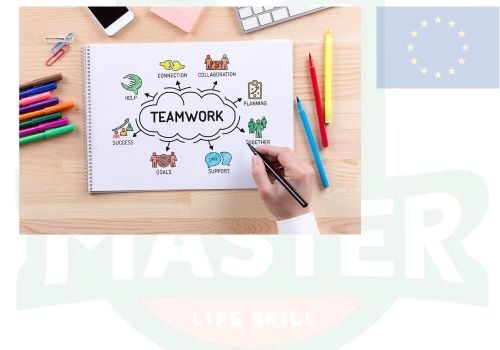Life Skill is the key open the world. Life is a journey filled with ups and downs, challenges and triumphs. Along the way, we encounter various obstacles that test our resilience, determination, and ability to adapt. In order to navigate this journey successfully, it is essential to possess certain life skills that can help us overcome these obstacles and reach our full potential. These skills not only benefit us in our personal lives but also play a crucial role in our professional development. In this blog post, we will explore five essential skills that are necessary for both life and work, and how they can empower us to lead fulfilling and successful lives.
Contents
Five Pillars of Personal Mastery: Skills for a Fulfilling Life

Personal mastery refers to the continuous process of self-improvement and growth. It involves developing a deep understanding of oneself, identifying strengths and weaknesses, and working towards becoming the best version of ourselves. This journey of personal mastery is built upon five key pillars, which are essential skills for leading a fulfilling life.
Self-Awareness
The first pillar of personal mastery is self-awareness. It is the ability to recognize and understand our thoughts, emotions, and behaviors. By being self-aware, we gain a better understanding of our strengths and weaknesses, and how they impact our actions and decisions. This skill allows us to take control of our lives and make conscious choices that align with our values and goals.
Self-awareness also helps us develop empathy towards others, as we become more attuned to their feelings and perspectives. This leads to better communication and relationships, both personally and professionally. In the workplace, self-awareness is crucial for effective leadership, as it enables leaders to understand their team members and motivate them towards achieving common goals.
Tips for Developing Self-Awareness:
- Practice mindfulness: Take a few minutes each day to focus on your thoughts and emotions without judgment.
- Seek feedback: Ask for honest feedback from friends, family, and colleagues to gain a better understanding of how others perceive you.
- Keep a journal: Writing down your thoughts and reflections can help you identify patterns and triggers that affect your behavior.
Self-Management
The second pillar of personal mastery is self-management. It refers to our ability to control our emotions, thoughts, and behaviors in different situations. This skill allows us to stay calm and composed during challenging times, make rational decisions, and take responsibility for our actions.
Self-management also involves setting goals and working towards achieving them. By having a clear vision of what we want to accomplish, we can prioritize our tasks and manage our time effectively. This skill is crucial for success in both personal and professional life, as it helps us stay focused and motivated.
Tips for Developing Self-Management:
- Practice self-discipline: Set small goals and work towards achieving them consistently.
- Learn to say no: Saying yes to everything can lead to burnout and overwhelm. Learn to prioritize and say no to tasks that do not align with your goals.
- Take breaks: Taking breaks and engaging in activities that bring you joy can help you recharge and maintain a healthy work-life balance.
Unveiling the Secrets of Life Mastery: Five Key Skills

Life mastery is about reaching our full potential and living a purposeful and meaningful life. It involves mastering various skills that enable us to overcome challenges, achieve our goals, and find fulfillment. Let’s explore five key skills that are essential for life mastery.
Resilience
Resilience is the ability to bounce back from setbacks and adversity. It is a crucial skill for navigating the ups and downs of life and staying motivated in the face of challenges. Resilient individuals are able to adapt to change, learn from failures, and come out stronger on the other side.
In the workplace, resilience is essential for success, as it allows us to handle high-pressure situations and bounce back from failures. It also helps us maintain a positive attitude and persevere towards our goals, even when faced with obstacles.
Tips for Developing Resilience:
- Practice gratitude: Focusing on the positives in your life can help you maintain a positive outlook during tough times.
- Embrace change: Instead of resisting change, try to see it as an opportunity for growth and learning.
- Seek support: Surround yourself with a strong support system of friends, family, and mentors who can provide encouragement and guidance during difficult times.
Communication
Communication is a fundamental skill that plays a crucial role in both personal and professional relationships. It involves not only expressing ourselves effectively but also actively listening and understanding others. Good communication skills allow us to build strong relationships, resolve conflicts, and collaborate effectively.
In the workplace, effective communication is essential for building a positive work culture, promoting teamwork, and achieving business goals. It also helps individuals advance in their careers by improving their ability to articulate ideas and influence others.
Tips for Improving Communication Skills:
- Practice active listening: Pay attention to what others are saying without interrupting or judging.
- Use non-verbal cues: Non-verbal cues such as body language and tone of voice can convey a lot of information in a conversation.
- Be clear and concise: Avoid using jargon or complex language and get straight to the point when communicating.
